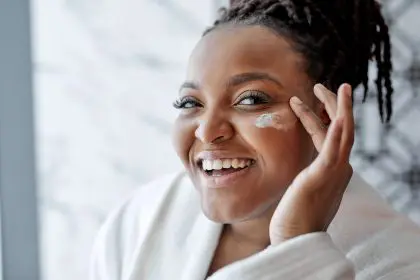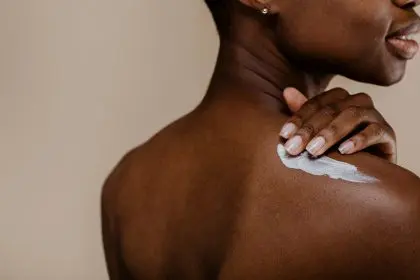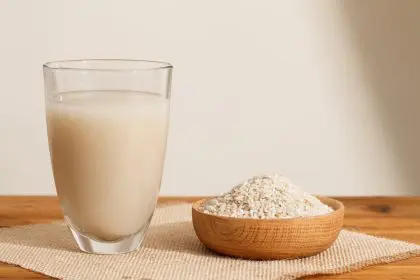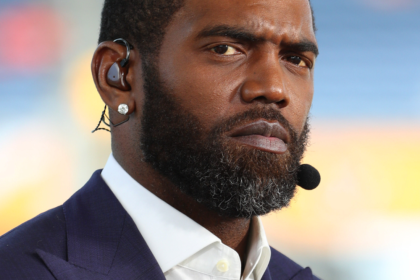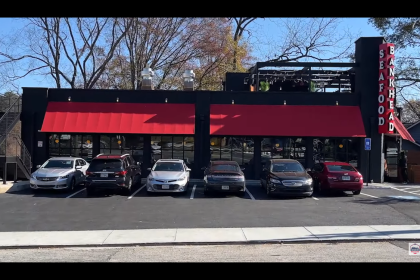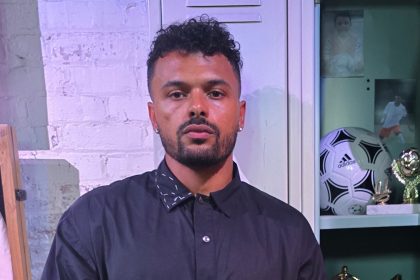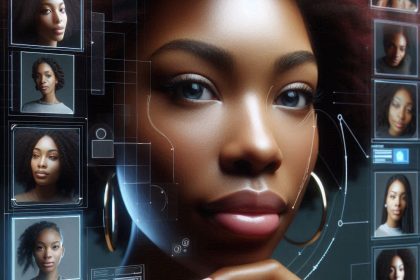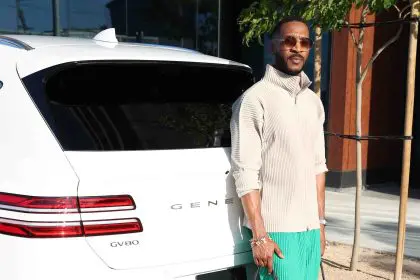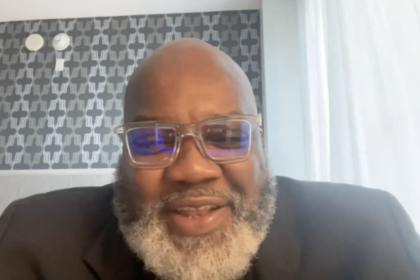 Donating bone marrow can cure someone with sickle cell anemia or life-threatening blood cancers. But more African American marrow donors are needed now to make this happen. That’s because patients are most likely to find a matching marrow donor who shares their same racial or ethnic heritage, but African American patients have the lowest odds of finding a match compared to all other populations — and the most diverse tissue types, which makes the matching process even more challenging.
Donating bone marrow can cure someone with sickle cell anemia or life-threatening blood cancers. But more African American marrow donors are needed now to make this happen. That’s because patients are most likely to find a matching marrow donor who shares their same racial or ethnic heritage, but African American patients have the lowest odds of finding a match compared to all other populations — and the most diverse tissue types, which makes the matching process even more challenging.
This July — which is African American Bone Marrow Awareness Month — Be The Match is urging more African Americans to join the national Be The Match Registry as committed potential marrow donors.
Here, Barbara Nolan, manager, Community Engagement for Be The Match, shares why she’s so passionate about this cause and how she chooses to make a difference.
Please describe how you made a decision to work in the health field as a career choice?
I began my professional career as a sales representative selling hair color to chain stores. After three years of doing what was essentially inventory control for my accounts, I thought, “There has to be something with a more significant impact on this world that I can apply my skills to.” Not to say that helping people present their best self is not important—I just knew there was something deeper for me find. Through a series of informational interviews with mentors and community leaders, I discovered Be The Match, the world’s leading nonprofit organization focused on saving lives through marrow and cord blood transplantation. I embraced the mission and found my niche. Seventeen years later, I’m still here!
Describe your specialty and why you chose to focus on this area of health?
Community engagement for Be The Match focuses primarily on recruiting new members to join the Be The Match Registry, a listing of individuals who are willing to donate their marrow or peripheral blood stem cells to a patient in need. It is unique in that we are asking people to give of themselves, literally, to help save the life of another. As community engagement representatives we have to master the psychology behind that ask — we have to understand what motivates people, help them overcome fears, work through crisis, empower them and ultimately help guide them to a solution in which they can fully and completely participate. For many, that means joining the registry in hopes of becoming a donor for a patient with a life-threatening blood disease like sickle cell. For others, participation with our mission might focus on making a financial contribution to support research, patient services and the costs associated with recruitment. And some people participate by contributing time as a volunteer. We strive to find the most impactful combination of engagement points for every person or group we encounter, all of which ultimately aid the best interests of patients seeking a matched donor through Be The Match.
What I love about working in community engagement for Be The Match is the depth of the relationships that are forged rather quickly between representatives and the individuals who seek our assistance. Oftentimes those relationships become lifelong friendships.
How has technology enhanced your professional role in your organization?
Community Engagement wouldn’t be able to fundraise, recruit new members to the registry, raise awareness or manage our volunteers to the extent that we do without the use of technology. Most notably, social media has exponentially increased our exposure and awareness in the community. We utilize Facebook, Twitter and Instagram—all of which have the potential to reach entire spheres of influence and move people to action. I find this especially true when used by our college-aged advocates.
What advice would you give other health professionals who aspire to serve the community?
I think it is important to understand and follow your passion. Leading with authenticity is essential when aspiring to serve the community. Without a good understanding of what moves you and why, your well-intentioned efforts run the risk of falling flat. It is also important to take the time to mentor those following your path. Tapping into the skills, energy and enthusiasm of the everyday activists surrounding us will carry the collective vision further than any one person’s efforts ever could.
Finish the sentences…
I am committed to providing … hope and light to every person I work with.
I work to make a difference by … assisting in finding the optimal solutions for those who reach out to Be The Match for help.
A great day for me at work results in … knowing that I helped to empower someone to reach beyond their comfort zone and realize their potential
Where did you attend school?
The Ohio State University (Bachelor of Arts in journalism);
Kent State University (MBA)
What are your hobbies?
Photography, art related projects, discovering new places.
What are your favorite vacation spots?
Anywhere with a beach and a breeze
A one-tank trip from home
Europe!
Who are your favorite authors?
Anne Lamott; Julia Alvarez; Mo Willems
Who are your favorite human beings?
The Haley Boys – Damon and Desmond☺

